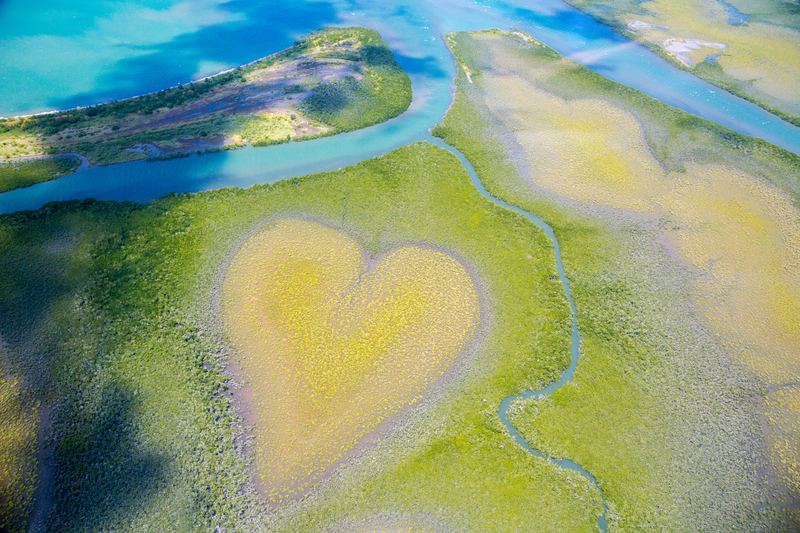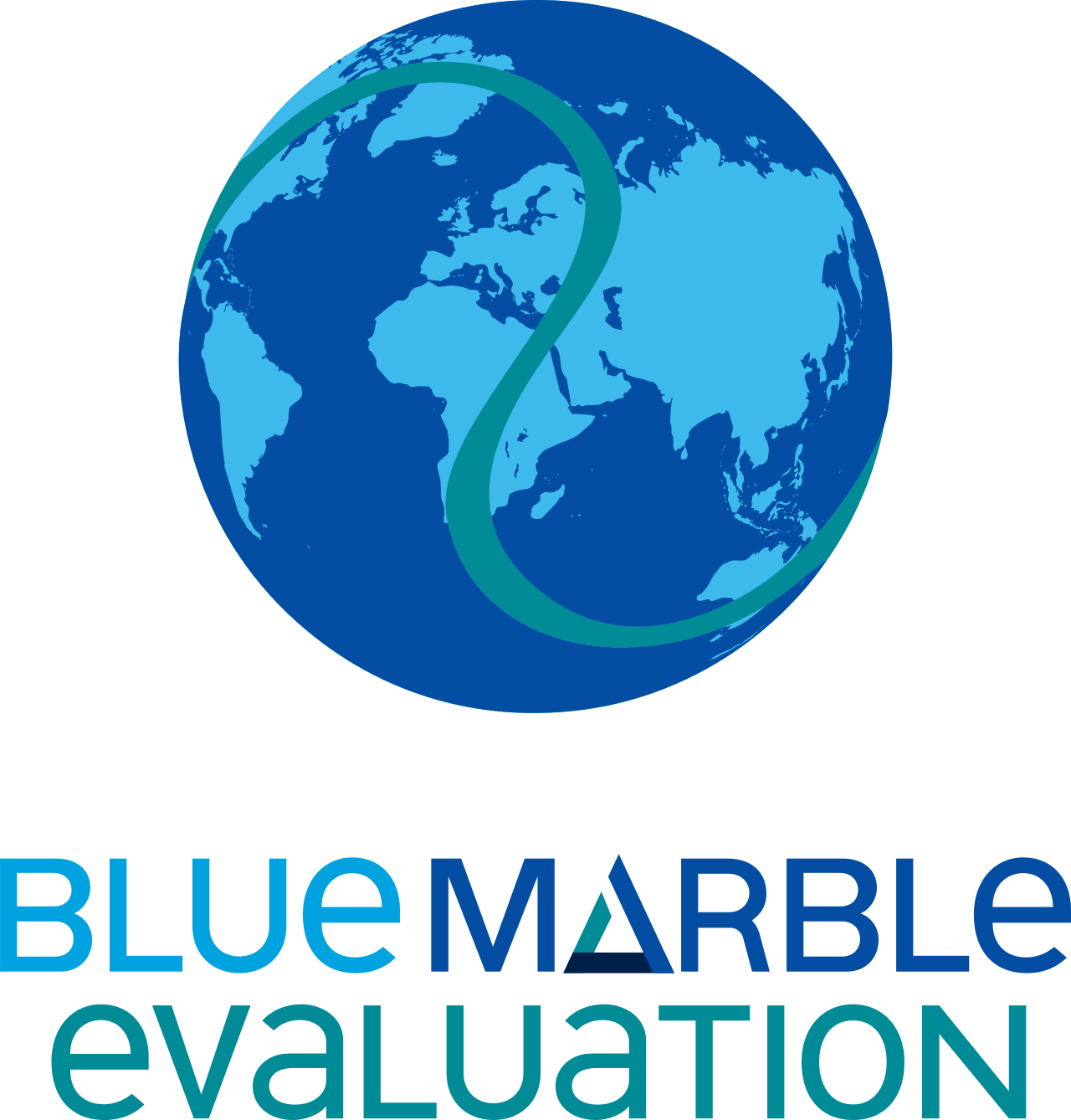
February is full of celebrations and observances: Black History Month, Lunar Year, Valentine’s Day, Mardi Gras to name just a few. We started the month with another song from MQP to the tune of Season’s of Love and have been thinking a lot about love and how important it is to our skin in the game principle. As the poet, bell hooks reminds us, “Love is an action. Never simply a feeling.” So how are you putting your love into action this month? Check out the resources section below for some thoughts and share yours with us on Twitter or LinkedIn #BlueMarbleLoveUpcoming Webinars
Remote Developmental Evaluation: A Guide for Funders and Practitioners
February 25th @ 1:30-2:30pm (UTC)
Join us for a roundtable discussion with representatives from six developmental evaluations that contributed to the effort by Social Impact to develop a Guide for implementing remote developmental evaluations.
Fostering an Intergenerational Approach to Transforming Evaluation
March 5th @ 4-5:30pm (UTC)
In this webinar, we will hear from several young and emerging evaluators and leaders from the EvalYouth Global Network about the ways they are embedding BME principles into their work, both as a network and as individual evaluators.
![]() Recordings of our past webinars are all available on our website, including last month’s webinar on Principles-Driven Responsive Philanthropy.
Recordings of our past webinars are all available on our website, including last month’s webinar on Principles-Driven Responsive Philanthropy.
MQP Musings
Michael shares an evaluation of the COVID-19 response by one global humanitarian organization at the center of the worldwide response to the pandemic: the World Food Programme (WFP). Read the full blog: Lessons about evaluating responses to the pandemic: Insights from the World Food Program Developmental Evaluation.
Resources on #BlueMarbleLove
Nature as a Stakeholder – A Love Story
by Glenn Page & Sam Matey
From our Gulf of Maine Blue Marble Hub in Portland Maine, we have a Love Story about Nature. Glenn and Sam explore how, by re-imagining the life and vulnerability of the natural world, we can transform our seeing nature as a “resource” to be used and transform our world view as one to be loved and granted appropriate legal status. Read more.
Measuring Love on the Journey for Justice
by Shiree-Teng and Sammy Nuñez
“In this Brown Paper, we call upon love as an antidote to injustice. We call for a catalytic, decolonizing, transformative love. We shine a light on the love that is practiced by communities like Fathers and Families of San Joaquin. We break open what we mean by self love; love for, with, and of others; love that is a community practice; and power fused with love. We discuss why it matters; where “we” are in the journey from the current state of this practice to where we want to (and need to) go; and how we believe we will get there. Finally, we discuss how we “measure” transformative love, or rather, how we can know it when we see it and how we can document its power for change.”
Braiding Sweetgrass
by Robin Wall Kimmerer
Drawing on her life as an indigenous scientist, a mother, and a woman, Kimmerer shows how other living beings—asters and goldenrod, strawberries and squash, salamanders, algae, and sweetgrass—offer us gifts and lessons, even if we’ve forgotten how to hear their voices. In particular, she calls us to recognize the reciprocal relationship we have with the earth: “Knowing that you love the earth changes you, activates you to defend and protect and celebrate. But when you feel that the earth loves you in return, that feeling transforms the relationship from a one-way street into a sacred bond.”
Grief and Love in the Animal Kingdom
by Barbara J. King
From mourning orcas to distressed elephants, biological anthropologist Barbara J. King has witnessed grief and love across the animal kingdom. In this eye-opening talk, she explains the evidence behind her belief that many animals experience complex emotions, and suggests ways all of us can treat them more ethically — including every time we eat. “Animals don’t grieve exactly like we do, but this doesn’t mean that their grief isn’t real,” she says. “It is real, and it’s searing, and we can see it if we choose.”
The Love in Deep Adaptation – A Philosophy for the Forum
by Jem Bendell and Katie Carr
“The ‘othering’ of people and nature is something that arises from a human habit to map and control reality in pursuit of feeling safer or better. In part, that habit arises from our sense of separation, which can also mean we sense threat almost constantly from our surroundings…..The suffering of others presents us with an opportunity to feel and express love and compassion. Not to save or to fix, but to be open to sensing the pain of all others and letting that transform how we live in the world. It does not need to lead to paralysis or depression, but to being fully present to life in every moment, however it manifests. This approach is the opposite of othering and arises from a loving mindset, where we experience universal compassion to all beings. It is the love that our climate predicament invites us to connect with. It is the love in deep adaptation.”


